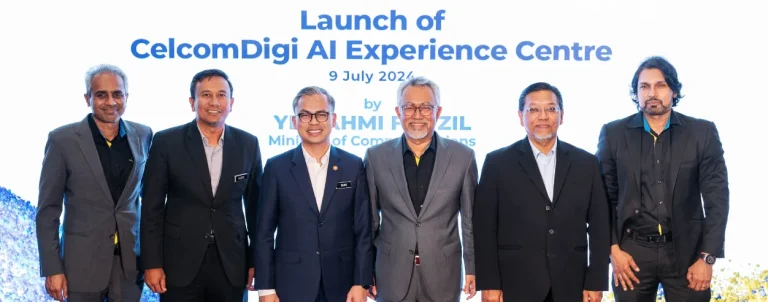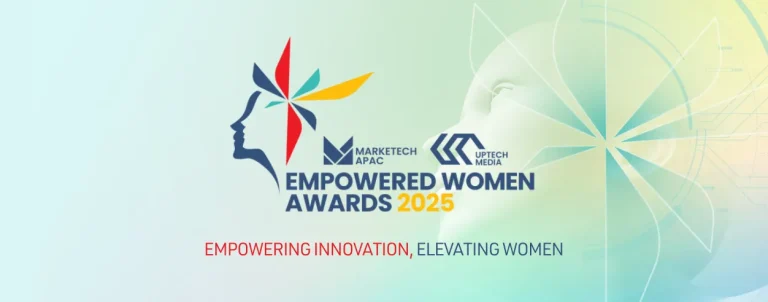Manila, Philippines – With the country experiencing poor infrastructure and low digital literacy and education, the Philippines is reported to be among the most challenged countries in terms of 5G connectivity and low prospects for the digital economy. This is according to the latest research from wireless connectivity solutions company Airgain.
Based on the research, the country placed fifth from the bottom in the index, showing good broadband affordability but falling short with poor 5G connectivity and very slow mobile internet speeds.
Along with the Philippines, some countries included in the bottom 10 also include Italy, Chile, Thailand, India, Brazil, Mexico, South Africa, Indonesia, and Nigeria.
On the other hand, the UAE has emerged as a global digital leader, boasting the fastest, most accessible, and most affordable internet, paired with a tech-savvy population ready to drive a thriving knowledge economy.
According to the research, the UAE ranked highest for its 5G connectivity and significantly leads the way for its average mobile download speeds at 413 mbps compared to 350 mpbs in Qatar and 257 mpbs in Kuwait. It also stands out for broadband affordability and a highly skilled digital workforce.
“We conducted this research not just to understand which countries have the fastest and most affordable internet and the greatest digital literacy, but also to understand which countries are lagging behind in digital development,” said Ali Sadri, CTO at Airgain.
He further shared, “The Philippines has had its own economic challenges, and there is a great deal of work happening to improve its digital standing, so we hope it will rank much higher in the data in years to come.”
“Access to fast, reliable internet is a game-changer for any population. It doesn’t just boost connectivity—it fuels the knowledge economy, which now accounts for roughly 50% of global economic activity. When people have the tools to access, share, and create knowledge quickly, innovation thrives. Entire industries, from healthcare to education to technology, are transformed, opening up opportunities that were previously unimaginable,” Sadri concluded.












